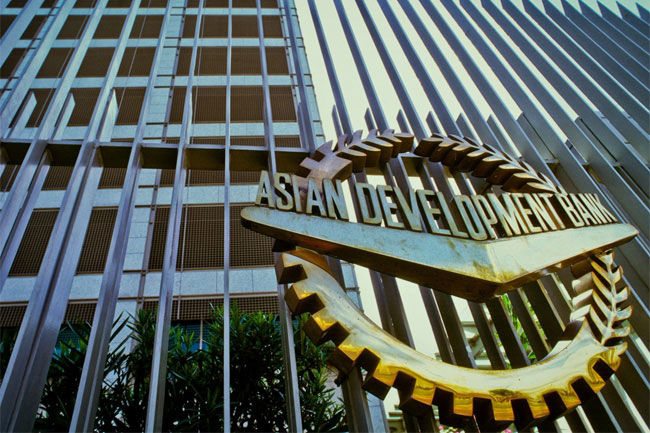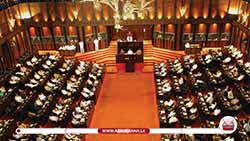ADB board approves landmark charter amendment to boost lending capacity
November 17, 2025 06:17 pm
The Asian Development Bank (ADB) on Monday said that its Board of Governors has approved a historic amendment to the ADB Charter, removing the previous lending cap and enabling a 50 percent increase in annual lending to over 36 billion U.S. dollars annually to support developing members’ efforts to address critical development priorities in the region.
This change, which allows ADB to commit more resources without requiring a capital increase from its shareholders, is the first amendment to the ADB Charter since the institution was created in 1966 and will enter into force three months after the ADB officially notifies its members that the amendment has been adopted.
The ADB Charter may be amended only by a resolution of the Board of Governors approved by a vote of two-thirds of the total number of governors, representing not less than three-fourths of the total voting power of the members.
The amendment, supported by 61 members and still open for voting until Nov. 30, will take effect after formal notification within three months. Its implementation is part of a broader strategy, including reforms and cooperation with other multilateral banks, to boost the ADB’s capacity to finance private and public-sector projects by 2034, thereby contributing significantly to its 2030 targets.
“This is a historic decision, and I appreciate the deep confidence in ADB and in the work we do every day across Asia and the Pacific. Removing this limitation means the ADB can now move forward with an ambitious plan to increase our annual financing commitments without placing any burden on our shareholders for a general capital increase, something ADB has not requested since 2009,” ADB President Masato Kanda said.
The amendment is part of the ADB’s actions to optimize the use of scarce capital resources provided by shareholders to maximize its support for the poor and vulnerable across the region.
The ADB’s Capital Utilization Plan outlines a pathway for increasing ADB’s annual financing commitments from 24 billion dollars in 2024 to more than 36 billion dollars by 2034.
It builds on capital management reforms approved in 2023 that significantly increase the ADB’s financing capacity, as well as a series of exposure exchange agreements with other multilateral development banks to mitigate portfolio concentration risk.
These resources will be critical to the ADB’s ability to meet its corporate targets for 2030, including its aim to increase private-sector financing fourfold to 13 billion dollars a year by 2030 and to ensure that 40 percent of its sovereign operations directly support private-sector development.
Source: Xinhua
- Agencies












